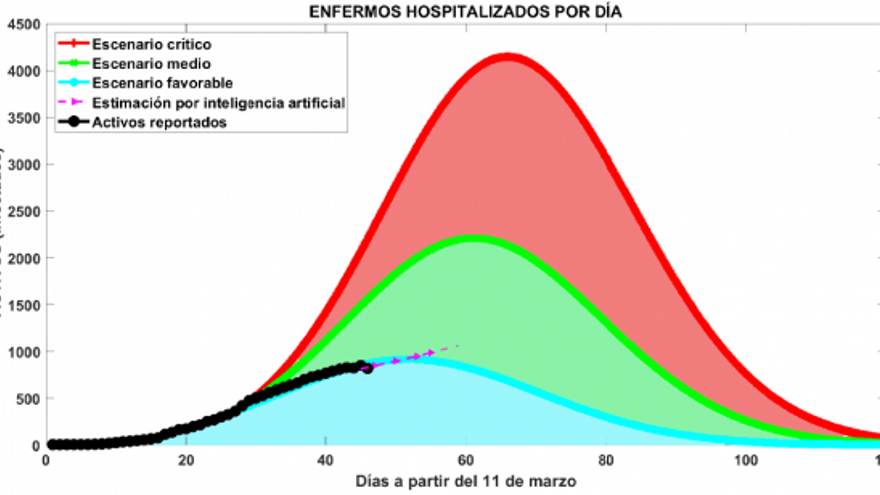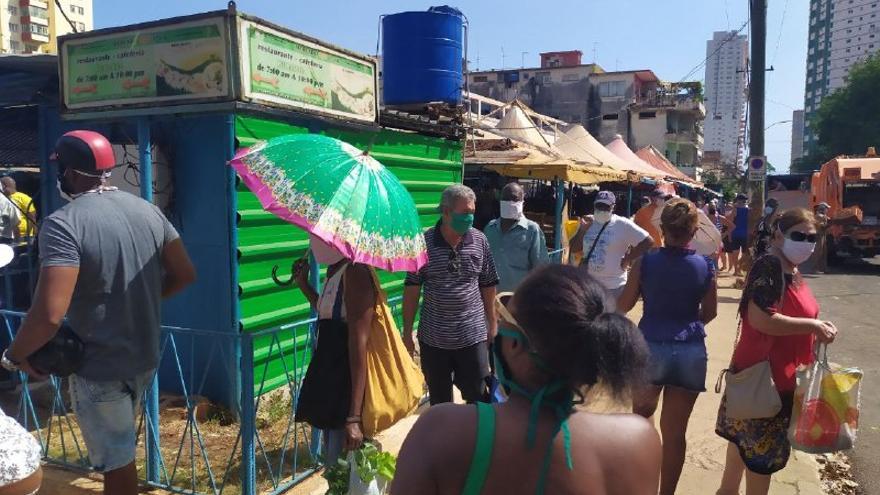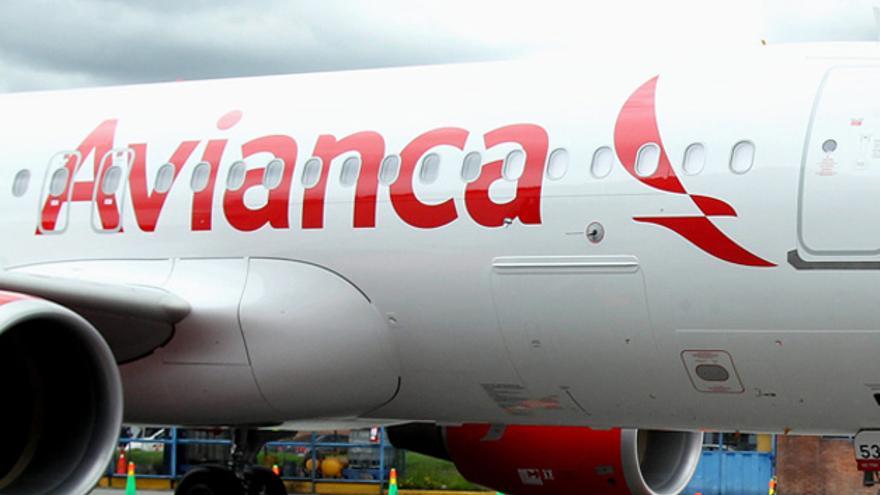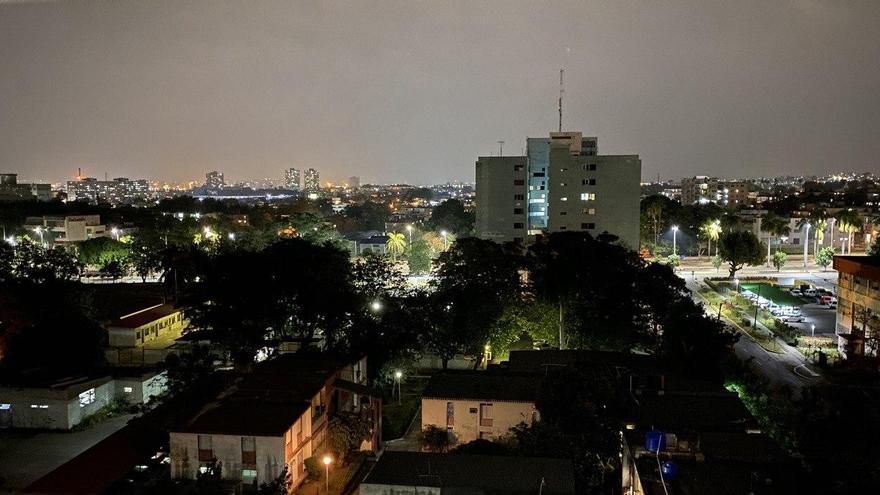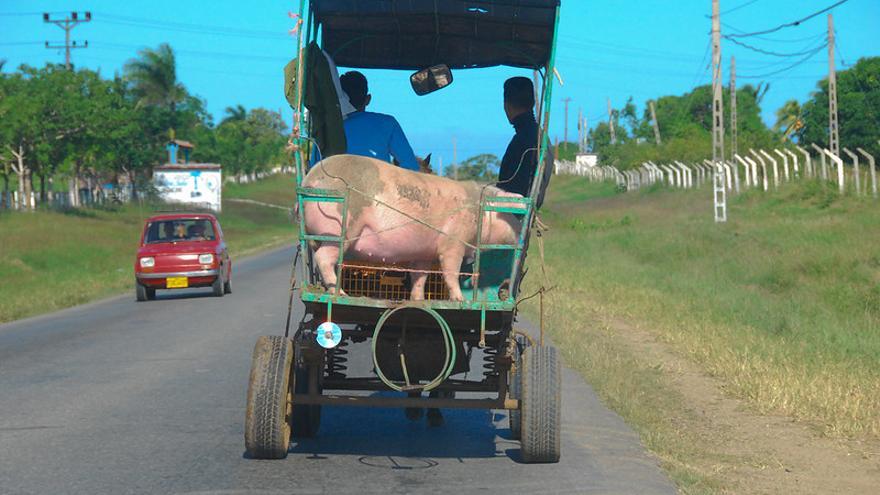The source of the information was the Cuban embassador in China, Carlos Miguel Pereira Hernández. Granma reproduced a text published by Pereira Hernández which asserted — without any evidence whatsoever — that the foundation of Chinese billionaire Jack Ma, founder of the online store Alibaba, wanted to send medical supplies to Cuba to combat the coronavirus epidemic, but was unable to do so because of the embargo laws of the United States.
“The carrier [for the Jack Ma Foundation], a U.S. company that was hired, declined the job at the last minute, citing the rules of the economic, commercial and financial blockade in force against the recipient nation, reimposed by the present administration in the USA,” wrote the embassador in a blog reproduced by Granma. continue reading
Later, Pereira stated: “The extraordinarily noble and laudable attempt by the founder of Alibaba and the Jack Ma Foundation (…) could not touch down on Cuban soil, no matter how necessary these resources could be in sustaining the battle waged by the besieged and blockaded small Caribbean island.
The story was reproduced literally by other media and the matter was settled — one of the richest men in China wanted to support the fight against the pandemic but, at the last minute, the carrier did not want to go to Cuba.
The government, by way of Granma, left several questions unanswered, however, among these a very fundamental one — why is it, given there are several options for sending the goods, that the outfit that had been refused to fly to Cuba months ago was precisely the one chosen?
This is a retelling of the complete story.
What did the donation consist of?
Jack Ma is the founder of Alibaba, one of the biggest internet sales outlets in the world, and competitor to the US company Amazon. Ma has a foundation which on the twenty-first of March announced on Twitter that it would send two million masks, 400,000 virus detection tests and 104 mechanical respirators to Latin American countries.
And how was the donation to get there?
The logistic arm in charge of shipping products of the Alibaba group is the Cainiao company which has its own freight planes. In order to have its donations arrive as quickly as possible, Cainiao partnered with about 50 partners in transportation and logistics which, until now, have delivered more than 100 million vital medical supplies to more than 140 countries in Latin America and the rest of the world.
In Africa, for example, they operate with Ethiopian Airlines; in Europe, with ASL Airlinnes, which is of Irish origin, while the state-run China Cargo supplied shipments to the Ma Foundation in Spain.
In Latin America, Alibaba has used various airlines for shipments. For example, in Mexico on March 31st, they used the Mexican freight airline AeroUnión. Said airline, in point of fact, does fly charters to Havana.
Any one of the airlines mentioned could have shipped the donation to Cuba. Yet, in order to fly to the Island and to other countries of the region such as Panama, Bolivia or Colombia, Caimiao chose Avianca, as was reported by the news agency AP.
It is not known how or why the decision was made, nor whether the Cuban authorities in Beijing knew of it in advance and could have prevented the outcome. But in choosing Avianca, the Chinese donor committed a mistake because Avianca was unable to complete the mission.
We inquired of Alibaba and the Jack Ma Foundation regarding this decision, but as of the moment of publication, they haven’t answered the several emails they have been sent.
Is it really true that “a US firm refused the job at the last minute”, as the embassador has said?
This is false.
Avianca isn’t exactly an enterprise with its headquarters in the US. Its headquarters is in Colombia, and it’s an airline whose share holders are principally Colombians and Salvadorans. As of last year, these owners have been controlling the shares of Avianca through a network of corporations registered in the state of Delaware, USA.
This in fact caused Avianca to cease selling tickets last year for Cuba from Colombia and El Salvador. The airline announced on October 31, 2019, that it would not fly into Cuba while it was resolving with the US authorities certain questions related to the embargo. Subsequently, on November 20th, Avianca confirmed that as of January of the present year it would not operate flights into Cuba.
So, this was a cancellation at last minute? Hardly! The Cuban authorities knew from last November that Avianca, having become a company partly regulated by laws of the United States as a corporation operating in Delaware, was not reliable for flying into Cuba.
Have other donations suffered the same obstacle?
No.
On April 6th, Chancellor Bruno Rodríguez announced that “a donation sent by the People’s Republic of China has arrived.” According to Xinhua, the Chinese state news agency, the cargo included 2,000 N95 masks, 10,000 surgical masks, 2,000 protective gowns, and an equal number of pairs of sanitary shoes, protective goggles, and gloves.
Another donation, from a Chinese company called Zhengzhou Yutong Bus, donated 100,000 protective masks and 10,000 protective gowns, according to Xinhua.
How did these goods arrive at the Island? As the deadline for press approaches, we have been unable to verify independently the route of entry, but it is sure we can be sure that they indeed arrived to the Island because a more reliable carrier than Avianca was hired.
Other donations by the founder of Alibaba to countries under embargo also have arrived at their destinations. In a tweet from the Jack Ma Foundation on March 13, assurance was made that in previous weeks countries such as Iran (likewise sanctioned by the United States) had received medical shipments from the Chinese company.
The Government of Iran, for its part, expressed its gratitude. A spokesman for the Foreign Ministry at Teheran declared that “the Iranians shall never forget their friends in hard times,” at the same time they confirmed that the material had been received the past 14th of March, along with medical equipment and financial aid coming also out of Azerbaijan, United Arab Emirates, China, Japan, Qatar, Russia and Turkey.
How could they have done it? They selected the proper airline to transport the goods.
Does the embargo really prohibit US companies from sending humanitarian donations to Cuba?
The laws governing the US blockade of Cuba are considered overly hard and illegal by many countries of the world, but they have their exceptions. Among these is the shipment of donations. In article 746.2 of the embargo law, it is expressly affirmed that no american company needs an advance authorization in order to make humanitarian donations to Cuba. Article 740.12 specifies that the only such [blockaded materials] would be medical goods that could be used for torture or human rights violations, or cases in which there is certainty that they will be resold to other countries or used for the production of “biotechnological” material.
So, why didn’t Avianca transport the goods?
Upon being consulted for this story, Avianca referred us to its public relations statements and would not give any further explanations. There is, ipso facto, no accurate response.
What could have happened is that the airlines might have feared being brought to trial in the United States by a man named Ramón López Regueiro, who already has sued another airline for operating in Cuba this past September.
López Regueiro, a US citizen, avers that the José Martí International Airport belongs to him because his father had the license to build and operate it during the dictatorship of Fulgencio Batista. The facilities were expropriated afterwards by the Revolution.
At present, there is a United States law in effect that allows lawsuits in that country against any company in the world that knowingly benefits from or uses in any form private goods expropriated during the Cuban Revolution.
This rule, in the third section of the referenced Helms Burton Law, though passed in 1996, never was set in effect because it was considered too vague and extreme. This past year, however, the administration of Donald Trump decided it should be applied.
From that time on, it has given rise to lawsuits such as those of López Regueiro. He considers that whatever airline that operates in Cuba is benefitting from an asset that was expropriated from him without any compensation for his family.
For this reason, he brought suit against American Airlines and the Chilean Latam Airlines, and warned others that he might sue them as well.
Though this risk has not kept plenty of airlines from flying to Havana, it’s possible that it dissuaded Avianca.
Lorenzo Palomares Starbuck, a Florida lawyer who defends the strict application of the Helms Burton Law, confirmed in an interview that “no carrier can arrive at a port that has been confiscated by the Castro Government.”
“It will be very difficult in these times for a US airline or one with a [US] capital investment such as Avianca to carry donations to Cuba,” stated Palomares Starbuck.
This opinion, nevertheless, is not shared unanimously by the courts of the United States. Other Cuban-american heirs of expropriated assets have not managed to succeed in similar suits before the courts.
In January of this year, Granma reported, a judge in Miami threw out a suit against various cruise companies that used land in the port of Havana that had been expropriated by the Revolution.
*Katia Monteagudo is a Cuban journalist who has written for various media, among them Yahoo News and the magazine El Estornudo (The Sneeze). Mayli Estévez likewise is a Cuban journalist who collaborates with Tremenda Nota (“Great High” or “Good Buzz”) and Play Off Magazine.
Translated by: Pedro Antonio Gallet Gobin
____________________
COLLABORATE WITH OUR WORK: The 14ymedio team is committed to practicing serious journalism that reflects Cuba’s reality in all its depth. Thank you for joining us on this long journey. We invite you to continue supporting us by becoming a member of 14ymedio now. Together we can continue transforming journalism in Cuba.
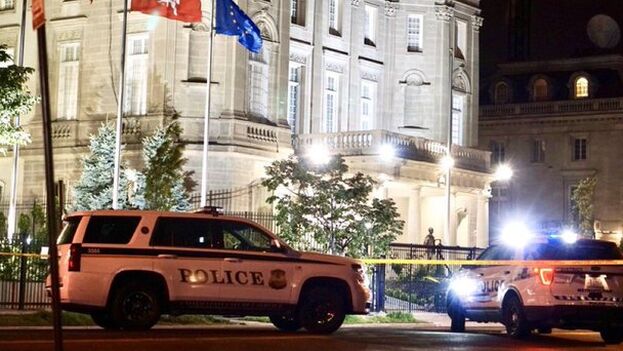
![]() 14ymedio, Havana, 30 April 2020 — The alleged perpetrator who fired several shots at the Cuban Embassy in Washington in the pre-dawn hours this past Thursday has been arrested by the police and answers to the name of Alexander Alazo. According to El Nuevo Herald, the individual is a 42-year-old man who had lived in Miami-Dade County and who has a license to practice massage in Texas.
14ymedio, Havana, 30 April 2020 — The alleged perpetrator who fired several shots at the Cuban Embassy in Washington in the pre-dawn hours this past Thursday has been arrested by the police and answers to the name of Alexander Alazo. According to El Nuevo Herald, the individual is a 42-year-old man who had lived in Miami-Dade County and who has a license to practice massage in Texas.
